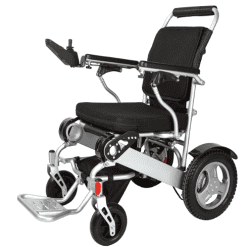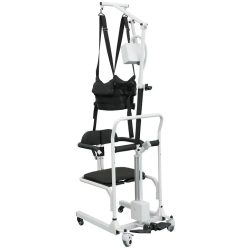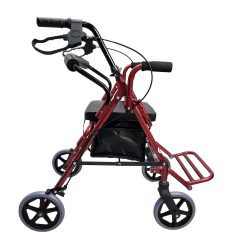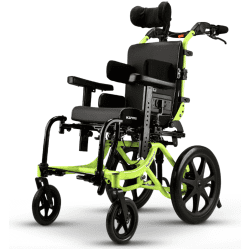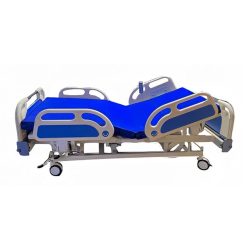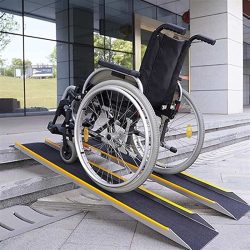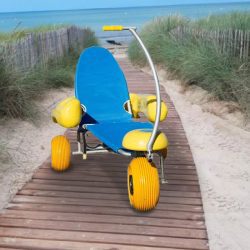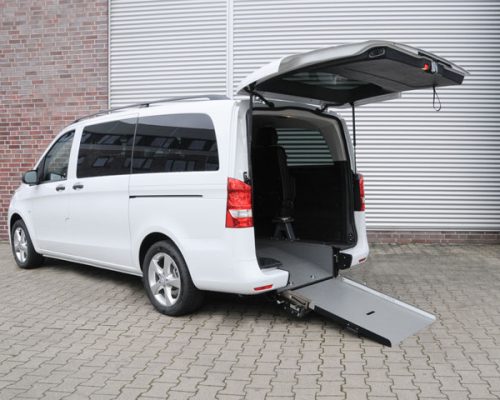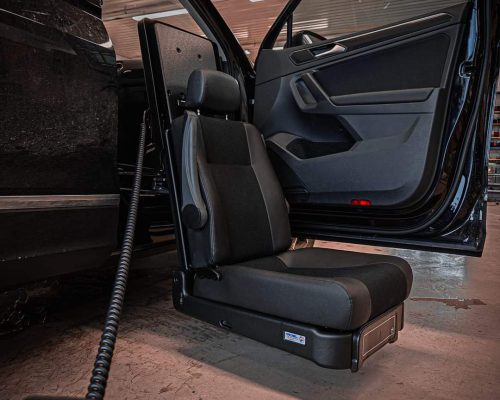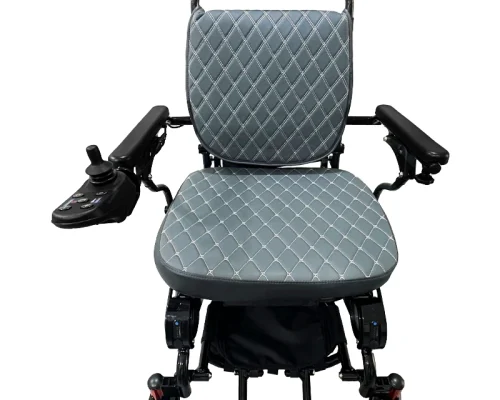Table of Contents
TogglePeople with mobility issues and elderly people who live in multi-level homes have difficulty going up and down the stairs. Thankfully, modern technology offers mobility solutions making stairs more accessible. Two popular mobility aids are chairlifts and stairlifts.
Now, the questions are: What is the difference between the two and which one is right for your home?
In this blog post, we’ll discuss the key features of these mobility products and which stair lift design works best for your staircase.
Understanding chairlifts
Chairlifts are assistive technology designed to transport users up and down the stairs while seated in a stair. These devices are usually found in residences to help with mobility.
The key features of chairlifts are:
Design and functionality
- Chairlifts are typically mounted on a rail system attached to the stairs allowing the user to move between levels easily.
- The chair is equipped with safety features such as seatbelts, armrests, sensors, etc.

Versatility
- Chairlifts are versatile and work for straight, curved, or even spiral staircases, making them a versatile option for any stair layout.
- Customization options are possible.
User-friendly controls
- Chairlifts come with easy-to-use controls usually found at the armrest to make it accessible for those with limited dexterity.
Space considerations
- Chairlifts are foldable when not in use allowing other members of the family to use the stairs without any obstructions.

Understanding stairlifts
Stairlifts are another popular option for helping overcome stairs for those with limited mobility. Unlike chairlifts, stairlifts transport users while sitting on a motorized seat on a rail system.
The key features of a stair lift include:
Design and functionality
Stairlifts are mounted on a rail system that follows the layout of the staircase. The user sits on a seat and the entire unit moves up and down the stairs.
Staircase compatibility
Stairlifts are suitable for straight or gently curved staircases. They are not ideal for spiral staircases, limiting their versatility compared to chairlifts.
Compact design
Stairlifts have a compact design that minimizes obstruction on the stairs.
Safety features
Stairlifts have safety features such as seatbelts, sensors for detecting obstacles, and emergency stop buttons
Choosing the right option for your home
What are the factors that you need to consider to decide which option is best for your home?
Staircase layout
Chairlifts are more flexible, customizable and could work for any type of stairs. But if your home has a straight or curved staircase, it’s best to stick to stairlifts.
Versatility requirements
You should also consider the specific mobility needs of the user. If you anticipate that you will be needing a lift in different types of staircases, a versatile chairlift might be better.
Space considerations
Assess the available space you have on your stairs. Both chairlifts and stairlifts are compact but chairlifts with their foldable design when not in use are more space-saving.
Budget constraints
Both options are significant investments so you have to consider not only the price of the lift but other associated costs as well such as installation, maintenance, and any other customization requirements. Knowing what the total costs for both options can help you choose.
User preference
Of course, we shouldn’t forget to ask the preference of the user. Some may prefer the seated position on a chairlift, while others might feel more comfortable on the seat on a stairlift.
Conclusion
There is no correct answer as to which one is better since there are different factors to consider. But, it’s better to consult with a mobility expert to ensure that the chosen lift meets your unique requirements. Whether you opt for a versatile chairlift or a safe stairlift, the ultimate goal is to provide a sense of self-sufficiency to you or your family member who has limited mobility.
Gilani Mobility is a mobility solutions expert based in the UAE that specializes in the installation of home modification products such as hand rail, grab rail, and other assistive products.

